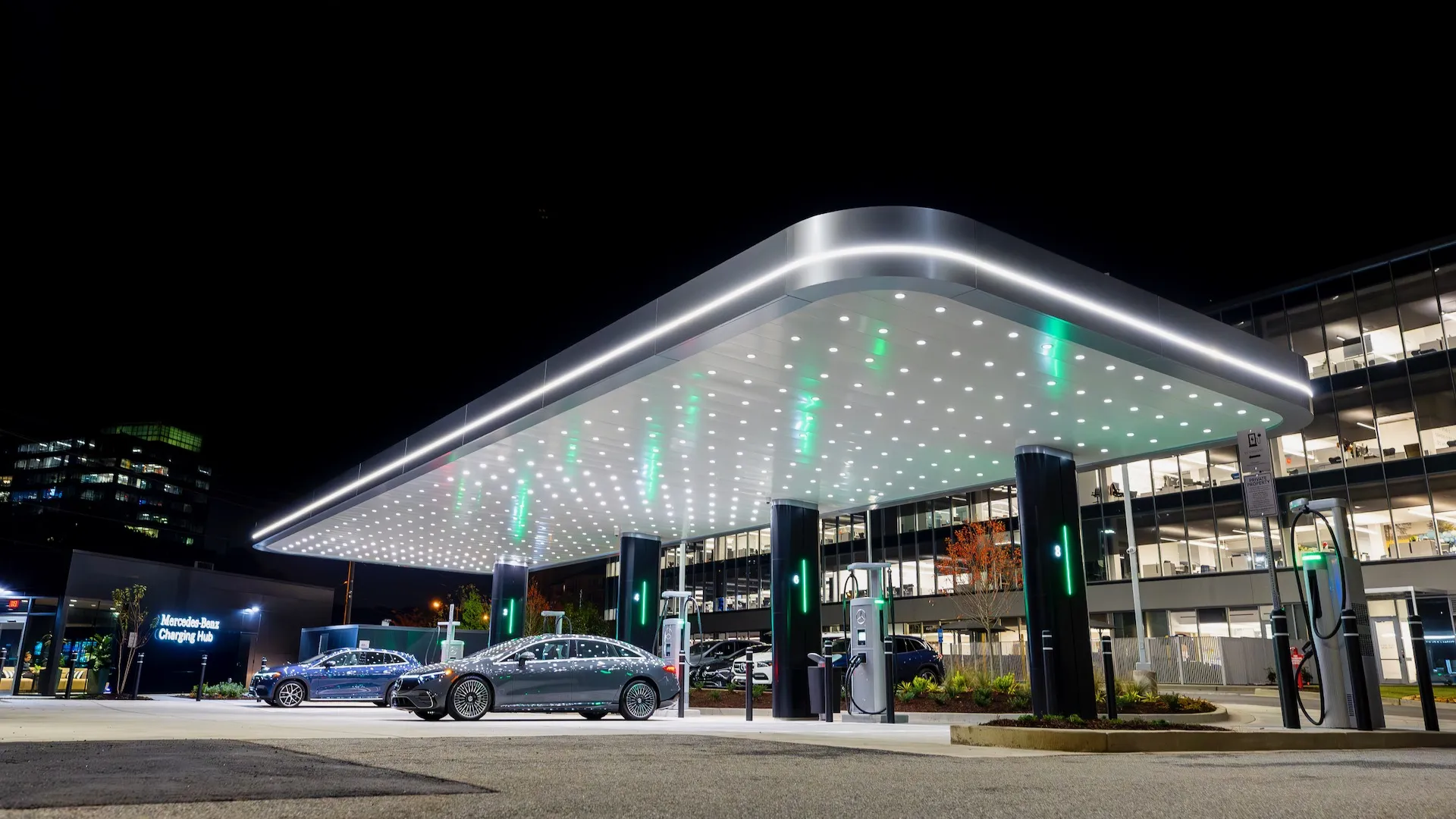Ford Motor Company has halted construction of its $3.5 billion battery cell plant in Marshall, Michigan, effective September 25.
The automaker cited concerns about its ability to competitively run the plant at a time when it is engaged in broader contract negotiations with the United Auto Workers (UAW) labor union.
The decision comes after months of disputes with local residents, Republicans in Congress over the planned use of lithium iron phosphate (LFP) battery technology from China’s CATL, and the auto industry strike that is now in its second week.
“We’re pausing work, and we’re going to limit spending on construction at Marshall until we’re confident about our ability to competitively run the plant,” Ford spokesman T.R. Reid told The Detroit News.
He added that Ford’s business decision was based on a “number of considerations,” but he wouldn’t say whether the United Auto Workers’ ongoing strike against the Detroit Three was a factor. “We haven’t made a final decision about the investment there,” Reid said of the Marshall site.
Ford made the announcement on the eve of President Joe Biden traveling to Michigan on September 26 to rally striking UAW workers from Ford’s Michigan Assembly Plant in Wayne.
The following day, former President Donald Trump is planning a town hall-style event in Macomb County to appeal to auto workers whose jobs he claims are at stake in the transition to EVs.
UAW President Shawn Fain blasted Ford for the decision to suspend construction of its Michigan battery plant, labeling it a “shameful, barely-veiled threat by Ford to cut jobs” as the automaker is locked in tough negotiations with the labor union.
“Closing 65 plants over the last 20 years wasn’t enough for the Big Three, now they want to threaten us with closing plants that aren’t even open yet. We are simply asking for a just transition to electric vehicles and Ford is instead doubling down on their race to the bottom,” he said in a statement.
Republicans in Congress have opposed Ford’s Michigan battery plant on grounds that it could facilitate the flow of US tax subsidies to China and leave Ford dependent on Chinese technology.
After Ford‘s announcement yesterday, Representative Mike Gallagher, the Republican chair of a House select committee on China, said lawmakers were “encouraged to see Ford take a crucial first step to reevaluate its deal” with CATL. “Now, Ford needs to call off this deal for good,” he added, according to Reuters.
In February 2023, Ford CEO Jim Farley and Michigan Governor Gretchen Whitmer announced a plan to invest $3.5 billion and create 2,500 jobs at the Michigan site, located just outside Marshall, a town a few miles east of Battle Creek. As part of the deal, the state of Michigan and local authorities agreed to provide Ford a combined $1.7 billion in public subsidies.











